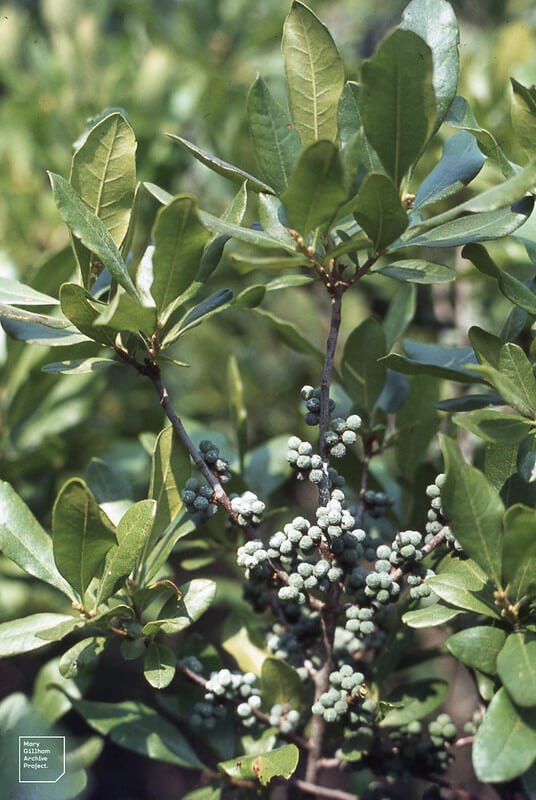Life Cycle: Perennial
Sun Exposure: Full, Partial
Soil Moisture: Medium, Dry
Height: 6-8 feet
Plant Spacing: 5-10 feet
Bloom Time: May
Bloom Color: Yellowish-green catkins
Advantages: Pollinator Favorite, Bird Favorite, Rain Garden
Host:
Species of Concern: State Status: Threatened (legally protected). State Rank: Imperiled (mnfi.anr.msu.edu).







